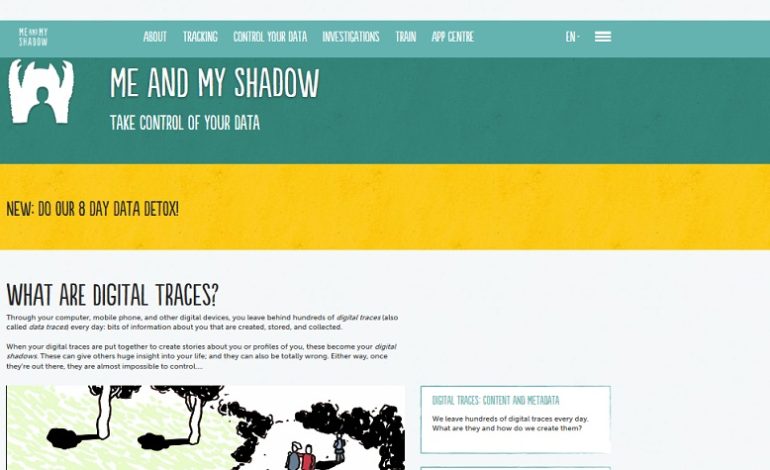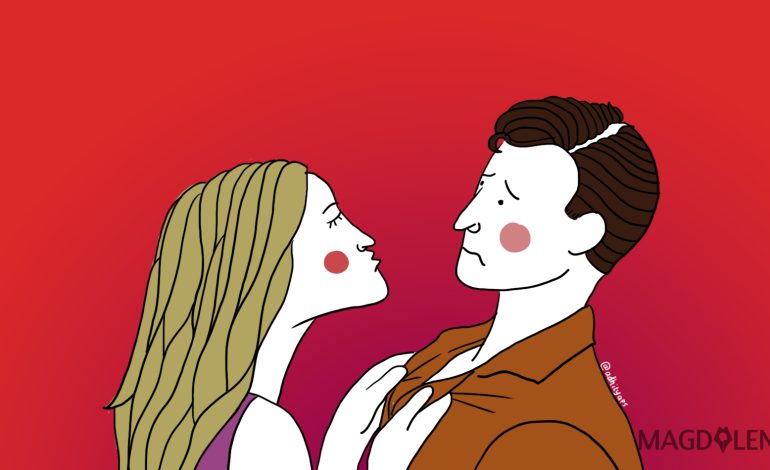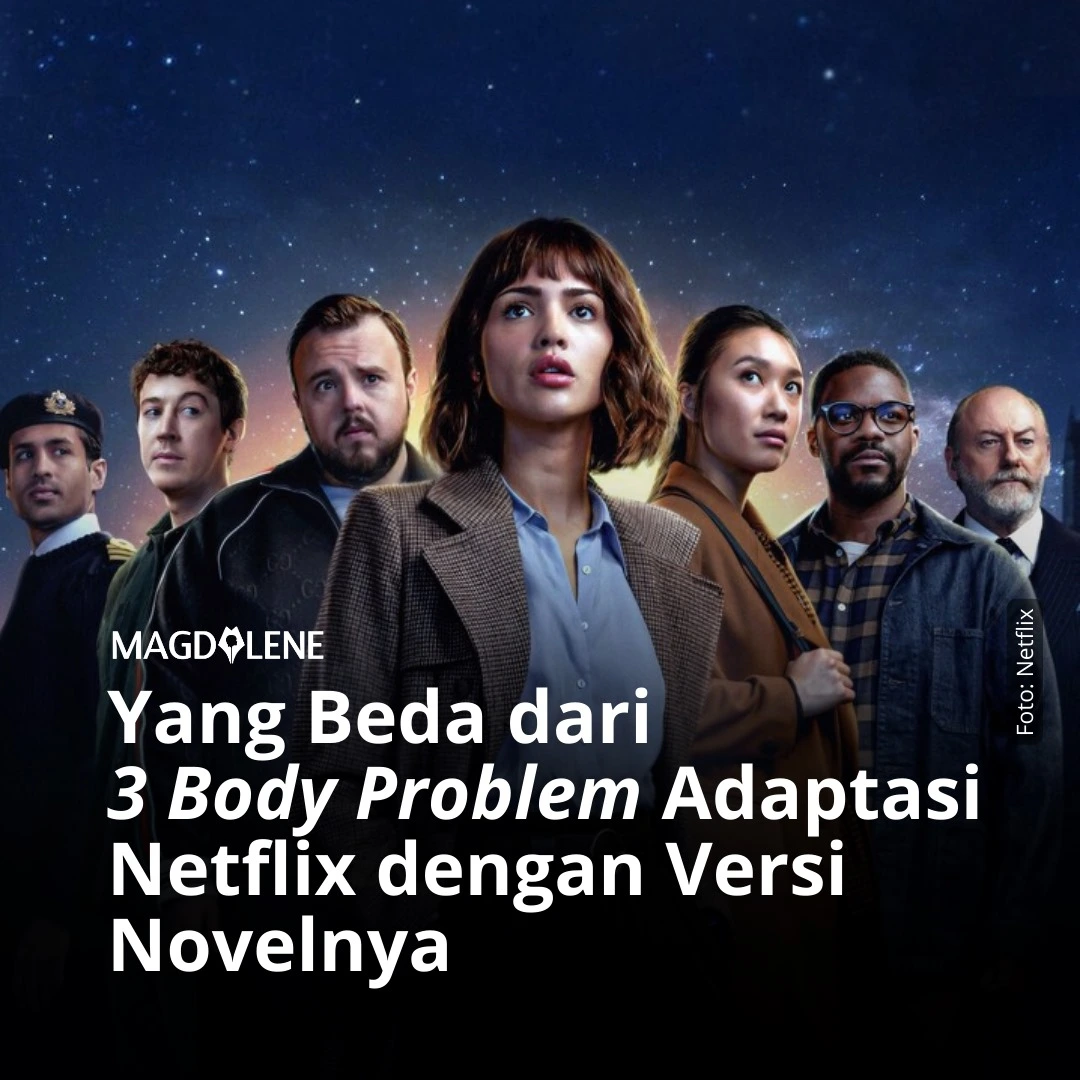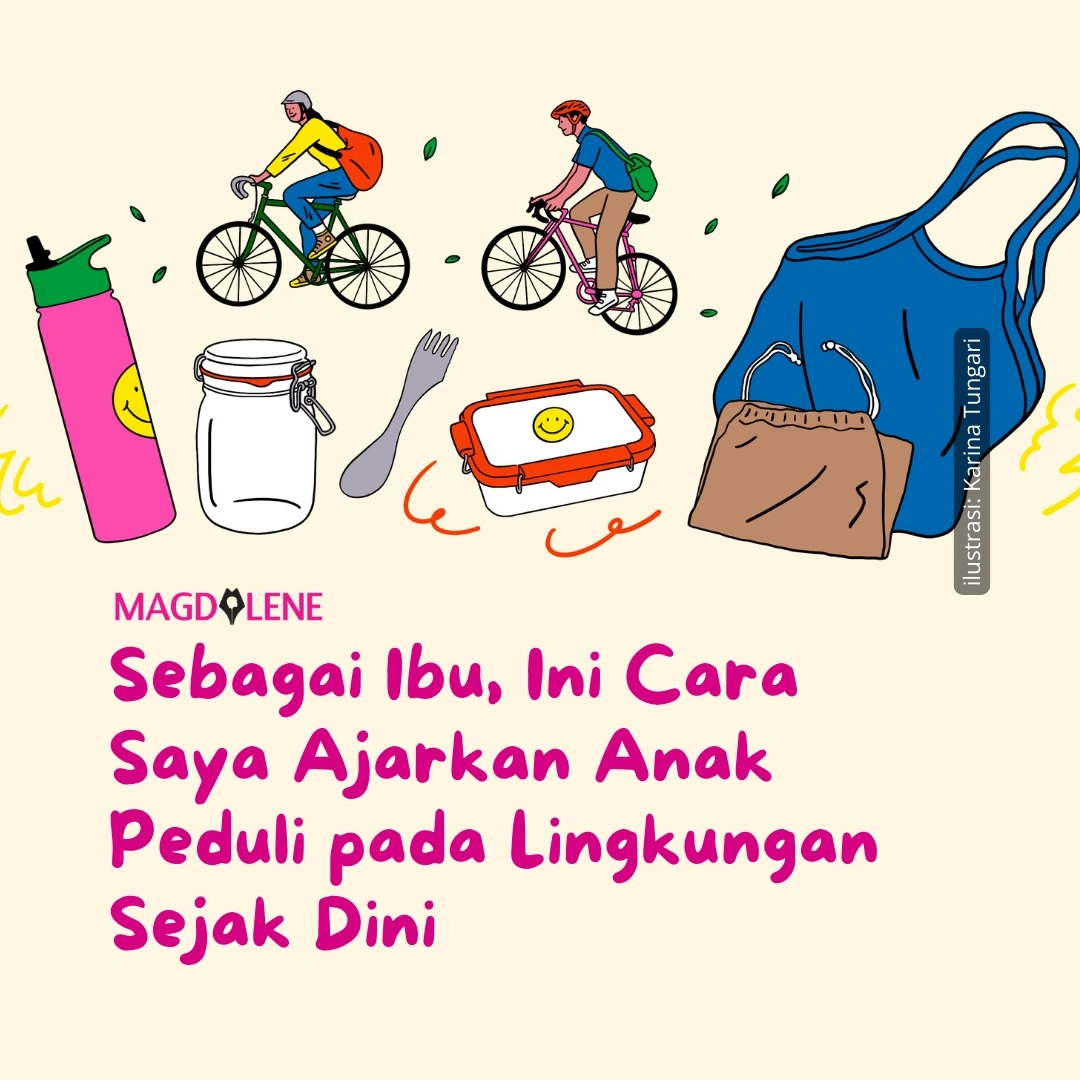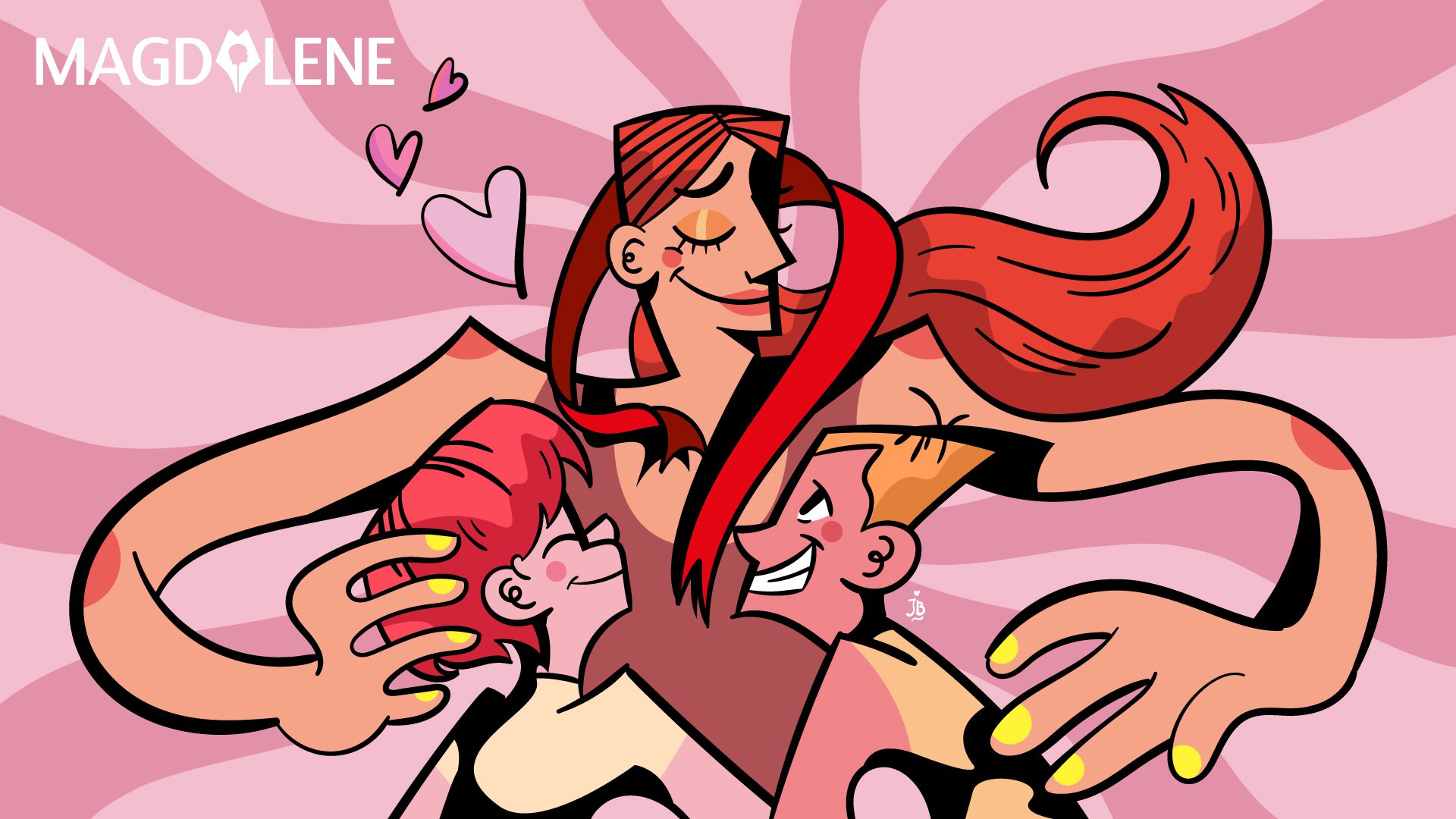Women and the Moral Imperative of Breastfeeding
Breastfeeding only as a moral prescription could leave women struggling on their own with no winner in the end.
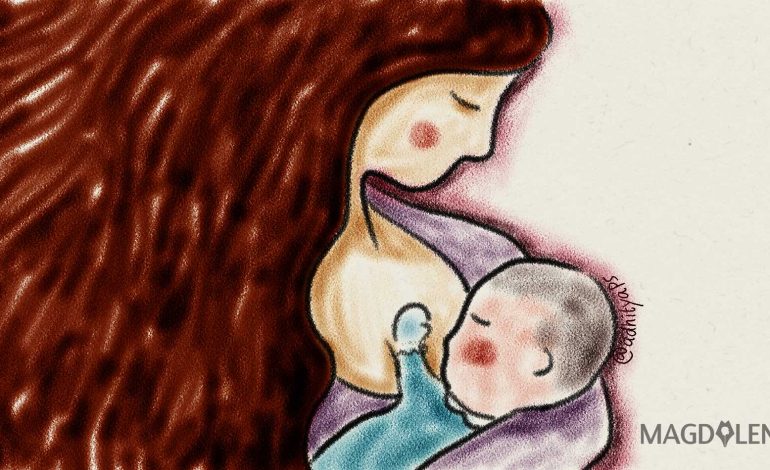
A disclaimer
I am writing this article not to bless Trump’s decision to align with the formula milk industry. As a mother who is still feeding her ten-month baby with breastmilk, I still think breast milk is something I can make available. But my decision should be read with a postscript on respect to women’s body. My experience with breastfeeding is far from struggle-free. I am here to criticize the mainstream campaigns on breastfeeding that has contributed to the reproduction of imageries, of what motherhood should be: happy and solemn lactating mothers. Breastfeeding, in reality, could be painful and traumatizing too, In this case, pain should never be normalized. Breastfeeding norm should not become a moral imperative that put pressures on women. It should be a result of her continuous judgment to her own situation with support from her environment.
The Breastmilk and The Substitute: (no) mothers in between!
Last week, the Times reported that Donald Trump’s diplomats had meddled in an international resolution that tried to promote breastfeeding at a United Nations’ meeting. Defending this move, Trump tweeted that although the U.S. supported breastfeeding, “women should not be denied access to formula” and the option should be made available because of the malnutrition and poverty.
Yes, you name it: the president of the superpower nation-state, the U.N. agencies, mass media, sciences – the whole planet seems to get involved in controlling the breastmilk’s flow. Meanwhile, I wonder, where is the women’s voice in this show?
The infant formula milk is indeed a no-joke industry. Despite the pressure to limit the marketing of the breastmilk substitute (known as “the code”), the baby milk industry is still worth around US$70 billion globally, making it the fastest growing food-packaged market. The Milking It report estimates that two out of three below six-month-old infants rely on formula milk, either on its own or combined with breastmilk or other supplementary food. In Indonesia, UNICEF states that the industry’s revenue in 2016 alone is around $1.8 billion with more than 1,000 reported breaches of marketing code. The aggressiveness of the industry has been accused as the primary factor that takes the potential health benefits away from babies.
The campaigns on breastfeeding were based mainly on scientific findings of health benefits for baby and mothers. Many feminists agree to breastfeed as a ground of their resistance to the medicalisation of childbirth and mothering. In countries like Indonesia, breastfeeding practices are also expected to tackle problems of low cognitive development, and the growing population of children with malnourished or obesity problem. The government and donors have launched missions to improving the practice of breastfeeding among Indonesian women. Guidelines, posters and support forums have been put in place to encourage women to exclusively breastfeed for a minimum of six months, and continue until the baby is two years old.
Here is what they have in common: both camps use women as a target of marketing and as a change agent. Through women, companies like Mead Johnson, Nestle and Danone make billion dollars in profit.
For the breastmilk campaigners: women mean children’s wellbeing. For both sides, women are merely a tool to reach the objective, external to themselves. Both exploited motherhood images. Their advertisements and guidelines portrayed mothers as peaceful, serene, stress-free creatures giving life to their children. The fact breastmilk is produced by mammary glands in women’s breasts attached to women’s body seemed to be downplayed. The current debate has shrunk the choices into cows’ milk or the baby’s future; to choose the first means the mother is selfish; to opt the later mean to rob women’s space and time.
…breastfeeding has become a new morality imposed on other women through judgement. This type ignores the fact that breastfeeding could be challenging, painful and limiting women’s sense of freedom.
Real support, not judgement
I remember my early days of breastfeeding as an excruciating experience. My baby had latching problem that nobody, including health professionals, was aware of. My breast was swollen and bleeding. Whenever I offered my nipple to my baby, I trembled because of the shooting pain that wrecked my nerves. I was crying alone, tired and emotionally drained.
Older women in my family said that it was normal to be in pain, so I thought I was just weak and spoilt. It took me two months to get the right help. And I lived in Jakarta – what about a million other women who experience the same thing but not getting the help? Did they eventually “toughen up” or did they just walk away quietly?
We should not deny the limiting effect of breastfeeding that works in contrast to the image of modern active women either. The exclusive breastfeeding campaign prescribes only breastmilk for the first six months of a baby’s life, and a few-month-old baby needs milk every two to four hours a day. To follow this strictly constrain women’s sense of liberation and emancipation. I remember the “domesticated” feeling when I had to care for my baby. My world evolved only around her. I had to delay my study and my time outside became limited.
These days in the age social media, women are made heroes or woe because of their breastfeeding choice. Mothers proudly share their breastfeeding commitment. Photos of celebrities or politicians who breastfeed their baby in public have been reposted more than hundred times. I encourage this movement because we need to break the breast shaming norms and create pressures to change the mindset and space for women to breastfeed. However, unfortunately, breastfeeding has also become a new morality imposed on other women through judgement. This type ignores the fact that breastfeeding could be challenging, painful and limiting women’s sense of freedom.
I would like to close my article with encouragement to talk about breastfeeding more honestly: women need to be identified beyond their roles as mothers and carers; they need environmental support. The breastfeeding campaigners need to hear more women’s voices because breastfeeding only as a moral prescription could leave women struggling on their own with no winner in the end.
Read the related article “Wanted: Sympathetic Breastfeeding Campaign.”

